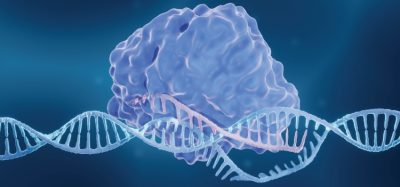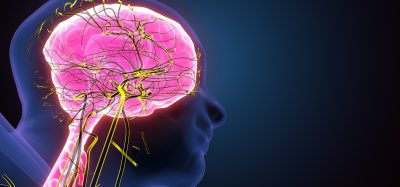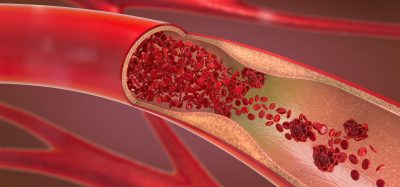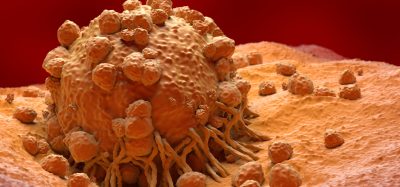Genes linked to cell survival during sepsis identified
Posted: 22 July 2019 | Victoria Rees (Drug Target Review) | No comments yet
Researchers have found a set of genes which helps cells survive during sepsis in mice and could inform potential treatments for the condition.
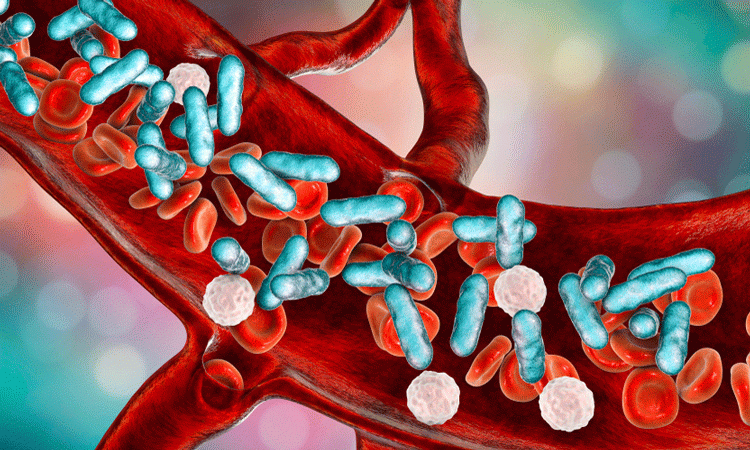
A new study has identified a set of genes which aids cell survival during sepsis. According to the researchers, a better understanding of these processes could lead to targets for developing ways to treat the condition.
Sepsis occurs when immune cells release cytokines to activate the body’s defences, but the reaction is not limited, causing a “cytokine storm”. Researchers at Washington University School of Medicine in St Louis have found a set of genes which help cells survive this exposure to cytokines.
The identified genes are involved in disposing cellular waste, a process called autophagy. The team found that mice which lack autophagy genes are more likely to die from sepsis, indicating that enhancing autophagy could lead to treatments for the condition.
“When we recognise signs of sepsis in patients, we prescribe antibiotics and fluids, but we lack therapies to protect patients from the direct effects of the cytokine storm,” said first author Dr Anthony Orvedahl. “Our research indicates that if we could modulate autophagy levels in cells, we might be able to promote cell survival and resistance to the cytokine storm, which may ultimately help people survive sepsis.”
The team investigated the effects of interferon gamma, a cytokine that activates immune cells’ ability to kill bacteria but can also trigger cell death. By systematically inactivating one gene at a time from immune cells in a dish before treating them with interferon gamma, the researchers discovered that cells need a full complement of autophagy genes to survive exposure to the potent cytokine.
Further experiments revealed that a second cytokine, called tumour necrosis factor, was also critical for the accelerated cell death in this system.
A better understanding of these processes could lead to attractive targets for developing more effective ways to treat sepsis
“We don’t yet know the exact material involved, but we think something builds up and makes cells more vulnerable to dying when they encounter these inflammatory cytokines,” Orvedahl explained.
The researchers studied four strains of genetically modified mice that lacked one of four autophagy genes in their immune cells, as well as mice with intact autophagy genes. They injected the models with tumour necrosis factor, which is thought to drive the cytokine storm in humans. The mice whose autophagy systems were crippled by the absence of important autophagy genes got sick faster and were more likely to die.
“We can’t say for sure that autophagy activation would be protective,” Orvedahl said. “We just showed that if mice lack autophagy, they are sicker and more likely to die. But we think that a better understanding of these processes could lead to attractive targets for developing more effective ways to treat sepsis.”
The study was published in Proceedings of the National Academy of Sciences.
Related topics
Cytokines, Drug Targets, Research & Development
Related conditions
Sepsis
Related organisations
Proceedings of the National Academy of Sciences, Washington University School of Medicine in St. Louis
Related people
Dr Anthony Orvedahl



